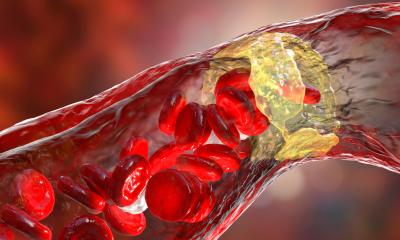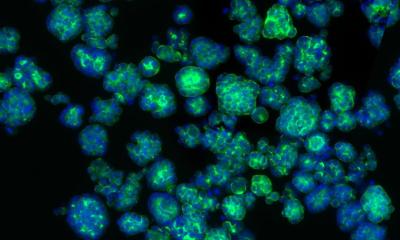Photo: Unsplash/Alexandru-Bogdan Ghita
News • Food study
Red and processed meat: not so bad for our health, but...
Most people can continue to eat red and processed meat as they do now. A major study led by researchers at McMaster and Dalhousie universities has found cutting back has little impact on health.
A panel of international scientists systematically reviewed the evidence and have recommended that most adults should continue to eat their current levels of red and processed meat. The researchers performed four systematic reviews focused on randomized controlled trials and observational studies looking at the impact of red meat and processed meat consumption on cardiometabolic and cancer outcomes. In one review of 12 trials with 54,000 people, the researchers did not find statistically significant or an important association between meat consumption and the risk of heart disease, diabetes or cancer. In three systematic reviews of cohort studies following millions of people, a very small reduction in risk among those who had three fewer servings of red or processed meat a week, but the association was uncertain.
Recommended article

News • Public health
Lax salt rules linked to increase of CVD and cancer
More cancer, more cardiovascular disease: The relaxation of UK industry regulation of salt content in food was – to put it lightly – a very bad idea, say researchers from Imperial College London and the University of Liverpool. They have linked the change in regulation with 9,900 additional cases of cardiovascular disease (CVD), and 1,500 cases of stomach cancer. The researchers analysed the…
The authors also did a fifth systematic review looking at people’s attitudes and health-related values around eating red and processed meats. They found people eat meat because they see it as healthy, they like the taste and they are reluctant to change their diet.
The five systematic reviews, a recommendation and an editorial on the topic were published in the Annals of Internal Medicine.
McMaster professor Gordon Guyatt, chair of the guideline committee, said the research group with a panel of 14 members from seven countries used a rigorous systematic review methodology, and GRADE methods which rate the certainty of evidence for each outcome, to move from evidence to dietary recommendations to develop their guidelines. “There is a worldwide interest in nutrition and the issue of red meat in particular. People need to be able to make decisions about their own diet based on the best information available,” he said.
This is not just another study on red and processed meat, but a series of high quality systematic reviews resulting in recommendations we think are far more transparent, robust and reliable
Bradley Johnston
Bradley Johnston, corresponding author on the reviews and guideline, said the research team realizes its work is contrary to many current nutritional guidelines. “This is not just another study on red and processed meat, but a series of high quality systematic reviews resulting in recommendations we think are far more transparent, robust and reliable,” said Johnston, who is a part-time associate professor at McMaster and an associate professor of community health and epidemiology at Dalhousie.
He added: “We focused exclusively on health outcomes, and did not consider animal welfare or environmental concerns when making our recommendations. We are however sympathetic to animal welfare and environmental concerns with a number of the guideline panel members having eliminated or reduced their personal red and processed meat intake for these reasons.”
The accompanying editorial by authors at the Indiana University School of Medicine said: “This is sure to be controversial, but is based on the most comprehensive review of the evidence to date. Because that review is inclusive, those who seek to dispute it will be hard pressed to find appropriate evidence with which to build an argument.”
Source: McMaster University (CC-BY-ND)
01.10.2019











